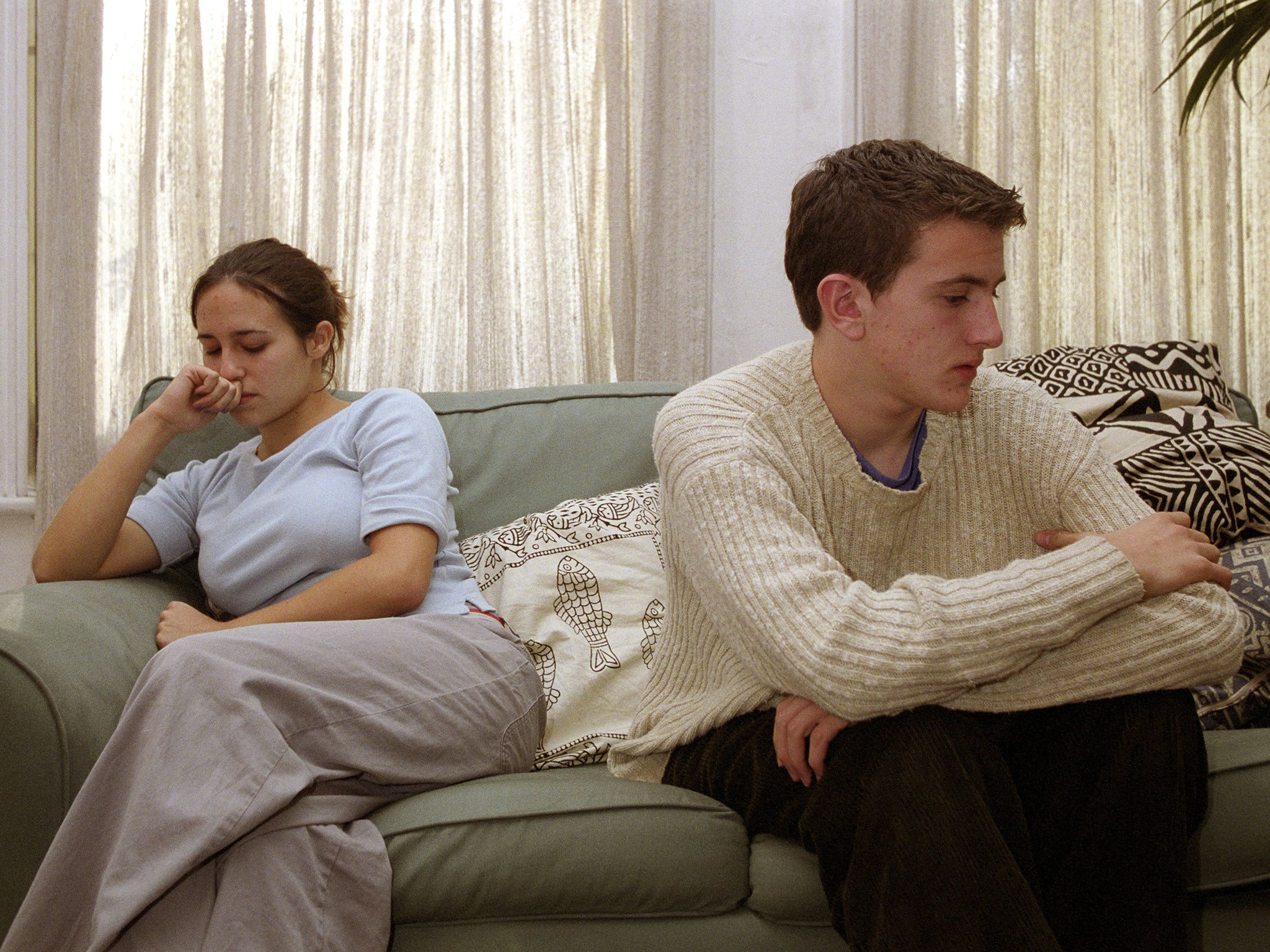Couples hit hardest by the great recession are most likely to break up

The romantic toll of the recession has been revealed as research shows couples who suffered most during the economic downturn are eight times more likely to have broken up than those least affected.
A major study from the relationship charity Relate found that only two per cent of couples whom the recession hardly impacted on broke up, eight times fewer than those most affected.
Those that have stayed together in the hardest hit group are also more likely to have found the quality of their relationship has deteriorated.
The study examined data showing how 20,000 Britons were affected by the economic downturn from 2009 to 2012. After being grouped according to the severity of the recession’s impact on their finances and employment, researchers analysed how their relationships fared.
The data clearly showed those most disadvantaged economically during the recession were considerably more likely to have experienced deterioration in their relationship quality and stability.
Ruth Sutherland, Chief Executive of Relate, said: “Time and again external pressures such as money can cause serious issues for couples. Rarely has this been more apparent than during the recent recession when we saw the daily grind become too much to bear for some, as illustrated by our new report.
She added: “The economic recession may be receding, but the fallout – the ‘social recession’ – is still very much being felt. This report provides an important lens for policy makers; central to the debate around recovery must be the protective power of relationships in getting people through tough times, as well as the restorative power relationships hold. Relationships must be a central priority in public policy and a cross-cutting effort by politicians and policy makers is needed to invest in protecting relationships. A social recession has occurred. A social recovery is now needed.”
The research, which was controlled for socioeconomic and demographic characteristics, used seven factors to determine the impact of the recession. These were job losses, optimism for the future, perception of current financial situation, perception of future financial situation, working overtime, satisfaction with employment, and being behind with bills.
Subscribe to Independent Premium to bookmark this article
Want to bookmark your favourite articles and stories to read or reference later? Start your Independent Premium subscription today.

Join our commenting forum
Join thought-provoking conversations, follow other Independent readers and see their replies